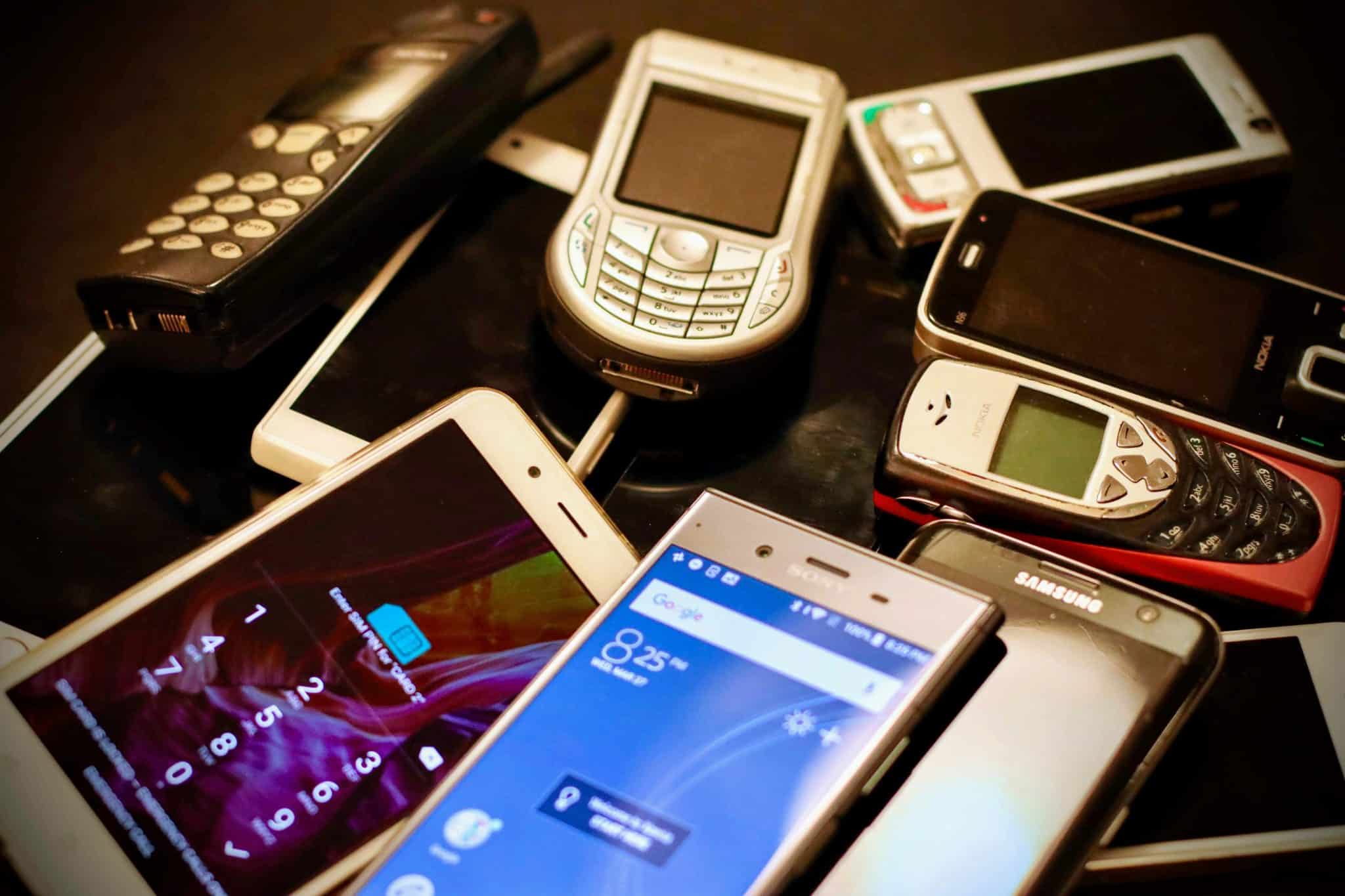Finding the Freedom to Focus: An ADHD Coach Weighs In

From time to time, all of us have difficulty finding focus and concentration to get things done. However, for those affected by ADHD, finding focus in daily life can seem like a task of herculean proportion.
This week we decided to sit down with Casey Dixon, a senior certified ADHD coach and the ADHD strategist of MindfullyADD, to learn more about her thoughts on how Freedom can help those with ADHD focus, prioritize, and self-regulate in their jobs, studies, and home lives.
By now, you’ve likely heard of ADHD or Attention-Deficit/Hyperactivity Disorder. It’s estimated that ADHD affects roughly 7 percent of children 18 and under, and 3.4 percent of adults worldwide. In the US alone, it’s estimated that roughly 8 million adults are affected by ADHD – although it’s often noted that most cases of ADHD go undiagnosed.
Although there are three different presentations of the disorder, ADHD is generally characterized by problems with hyperactivity, impulsivity, and inattention that often seep into all corners of one’s life.
Dixon explains that when most of her clients begin coaching they complain of being “overwhelmed and exhausted, needing to manage their time and organization more effectively, and increasing their own self-regulation, meaning taking charge of how they work and take care of themselves.”
Far-reaching Effects of ADHD
Adults with ADHD often have a hard time with tasks that require sustained attention, such as focusing, prioritizing tasks, listening to instructions, remembering details, and completing tasks – which can take a toll on their personal and professional lives. One study conducted by Harris Interactive revealed that most adults with ADHD agreed that the disorder strongly affected their performance in multiple areas of their daily life including: their responsibilities at home (65 percent), their relationships with family and friends (57 percent), and their ability to succeed at work (56 percent of those currently employed).
Not only that, the study also found that up to 50 percent of those currently employed worried about the disorder affecting their chances of a promotion and nearly 65 percent felt that they had to work harder than their colleagues to achieve similar work.
“Everyone needs some kind of planning to manage their busy lives, but for people who have ADHD, planning is essential to getting efficient and focused work done. In coaching, we work on developing planning techniques and making planning a habit. I ask a lot of questions: What is the first step? When will you work on it? How long will it take? How will you know when you are finished? How will you keep your interest in the project? What will you do to keep from getting distracted? One of the main obstacles that people with ADHD face is how to keep themselves from getting distracted by thoughts or interruptions while they are working.
This is where Freedom comes in. Part of the planning process is scheduling Freedom to block distractions while they will be working. Most of my clients know what their go-to distractions are – for one client is it a fantasy football site, for another, it is major news channels. And of course, for many, social media is the go-to distraction. Folks with ADHD can plug their go-to distractions into Freedom, which means they don’t waste any time or energy trying to avoid distractions in the moment because it is already done for them.”
ADHD and Technology
With the infusion of distracting technology into almost every aspect of our daily lives, learning to interact with technology effectively is something that Dixon frequently has to help her clients with. Traits typically associated with ADHD such as impulsivity, disinhibition, and dysregulation can make ignoring buzzes, emails, notifications, and clickbait almost impossible – which makes sense as these traits are also correlated with higher rates of Internet usage and abuse.
“Technology is a double edged sword for my clients. They often benefit from technology that helps them with reminders, alarms, lists, calendars, habit tracking, and more. They can also be extremely distracted and led astray by technology – instant access to email, interrupting notifications, 24-7 news, social media, games, apps, videos… It is very difficult for people with ADHD to choose a necessary, but mundane task over the highly stimulating glow of their computer or smartphone. Technology is a tool that needs to be managed very carefully when you have ADHD.”
Freedom App and ADHD
Although blocking digital distractions can be useful to almost anyone, it can be crucial to the productivity of those with ADHD. By removing the internal stress and struggle of ignoring a distraction, Freedom helps by eliminating the need to make a decision in the moment.
“Freedom gives my clients the ability to manage their time and energy better by helping them to limit distractions, tangents, overly long breaks, or just plain work avoidance. It gives them more control over what they will do and when. It helps put them back in the driver’s seat so they can direct their own actions toward satisfying, efficient productivity.”
In a recent survey, one Freedom user testified to the benefits of using Freedom while studying at college:
“As a recent college graduate, I owe a lot of my success to Freedom. Throughout college, finding the motivation to get my work done was a constant challenge. And once I had found the motivation, being able to focus on one task at a time was nearly impossible. However, by using Freedom I was able to train myself to focus on the task at hand without being constantly distracted. It was especially helpful in keeping me focused during finals week, which is when my ADHD symptoms were at an all-time high due to the stress of final deadlines. By blocking my distractions with Freedom I was able to finish my college career on a high note.”
This week’s post is brought to you by Casey Dixon. Casey is a life coach specializing in coaching adult professionals with ADHD. She is a professional, board, and senior certified coach that has been in private practice for 12 years. Recently, Dixon has focused her efforts on coaching professors and lawyers with ADHD and is based just outside of Philadelphia, Pennsylvania. To learn more about Casey Dixon, her coaching services, and resources, visit her sites at dixonlifecoaching.com or mindfullyadd.com.



